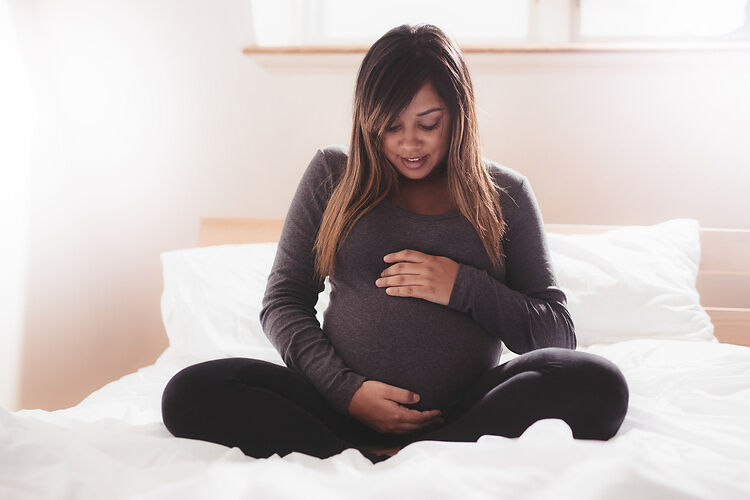From old wives’ tales to the ever-changing internet, women today encounter endless information about pregnancy. While you may have been told to avoid cats, baths, or dying your hair, some misconceptions are more a cause of confusion than concern. Here are a few of the most common pregnancy myths debunked.
Myth: There are ways to determine the baby’s gender. Allegedly, a glowing complexion and lush-looking hair signify you’re having a boy because little girls – not age or parenting – steal mum’s good looks!
Truth: It’s impossible to guess the baby’s sex by analyzing their position in your belly, the cravings you’re experiencing, or the quality of your skin. Though fun, attaching a ring to a string and hanging it over your belly will also prove futile.
Myth: Eating peanuts or dairy can cause allergies, so steer clear.
Truth: Bring on the Nutella because nuts are allowed. Unless you’ve been advised by your doctor to avoid nuts or you’re allergic yourself, there’s no harm in indulging in some of those scrumptious salty pistachios or chocolate-covered almonds.
Myth: You should be eating for two.
Truth: Slow down on that Nutella, though, because while you might be tempted to eat twice as much, this is another common misconception. Your body is more efficient during pregnancy and absorbs more nutrients, so while you may need to increase your calorie intake slightly, consuming double of your diet is likely to result in excess weight gain, which may be harmful to your health. Your doctor can work with you to establish a healthy, well-balanced diet that’s personalized to your body type and needs.
Myth: Morning sickness only happens in the morning.
Truth: We wish! Unless you’re one of the lucky ones, nausea is likely to linger throughout the day. While this symptom is most common in the morning, hormone changes that occur particularly during your first trimester can make vomiting and nausea hang around like a bad smell (literally).
Myth: You shouldn’t exercise while pregnant.
Truth: If you were looking for an excuse not to work out, look elsewhere! Staying active during your pregnancy keeps you and your little one healthy and can also help to prepare your body for childbirth. However, your exercise routine should be modified to ensure it’s not harmful to you or your baby, especially if there are complications. So, check with your doctor before committing to any questionable, online-sourced exercising regime.
While the internet can be a helpful source of information, some ‘facts’ are not always reliable or relevant to your unique situation. If you have any questions about pregnancy, labor, or childbirth, contact your midwife or doctor.
Recommended Articles:
https://www.babybunting.com.au/baby-talk-blog/managing-headaches-during-pregnancy/

.jpg?auto=webp&format=pjpg&width=1024)


